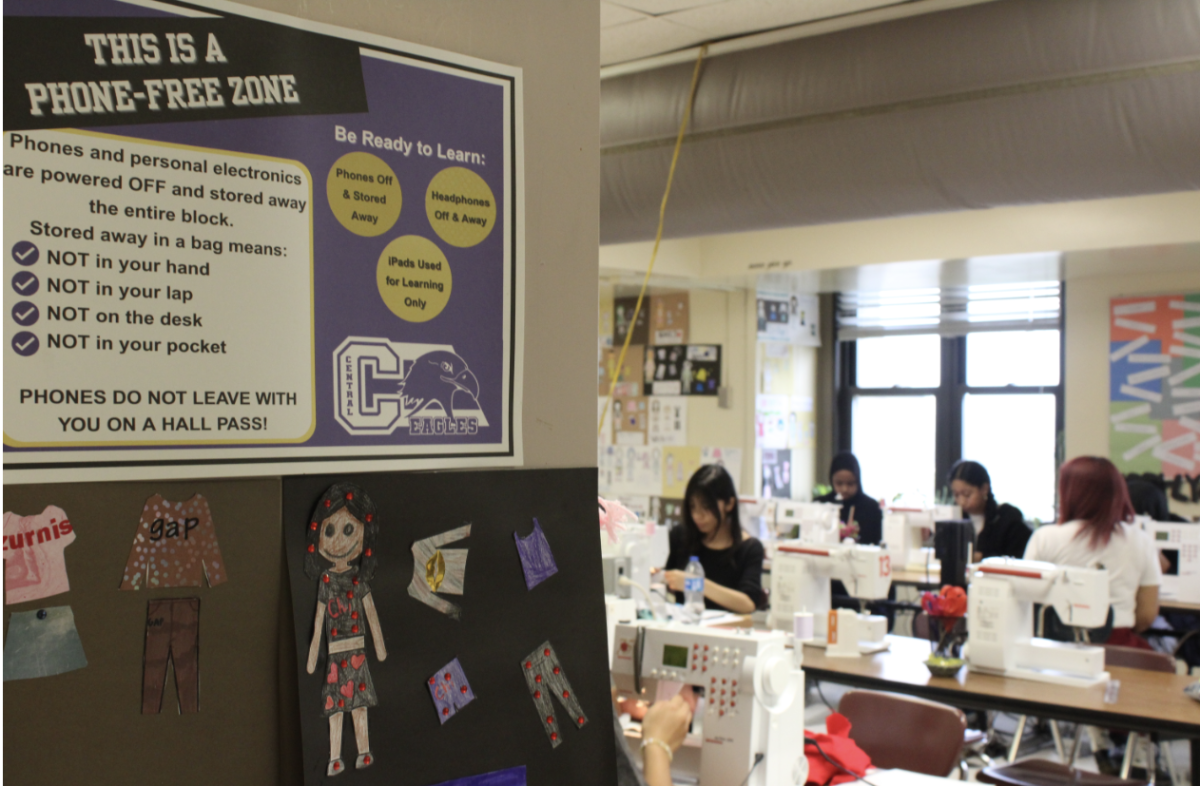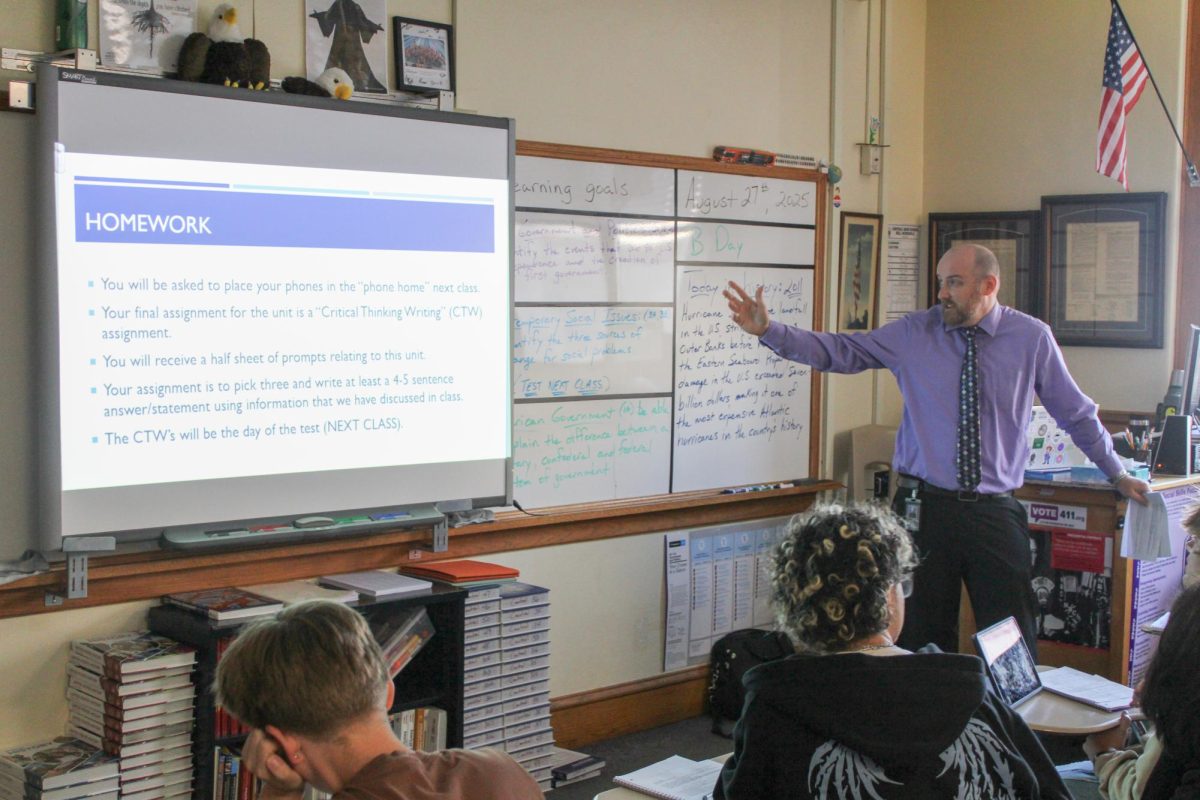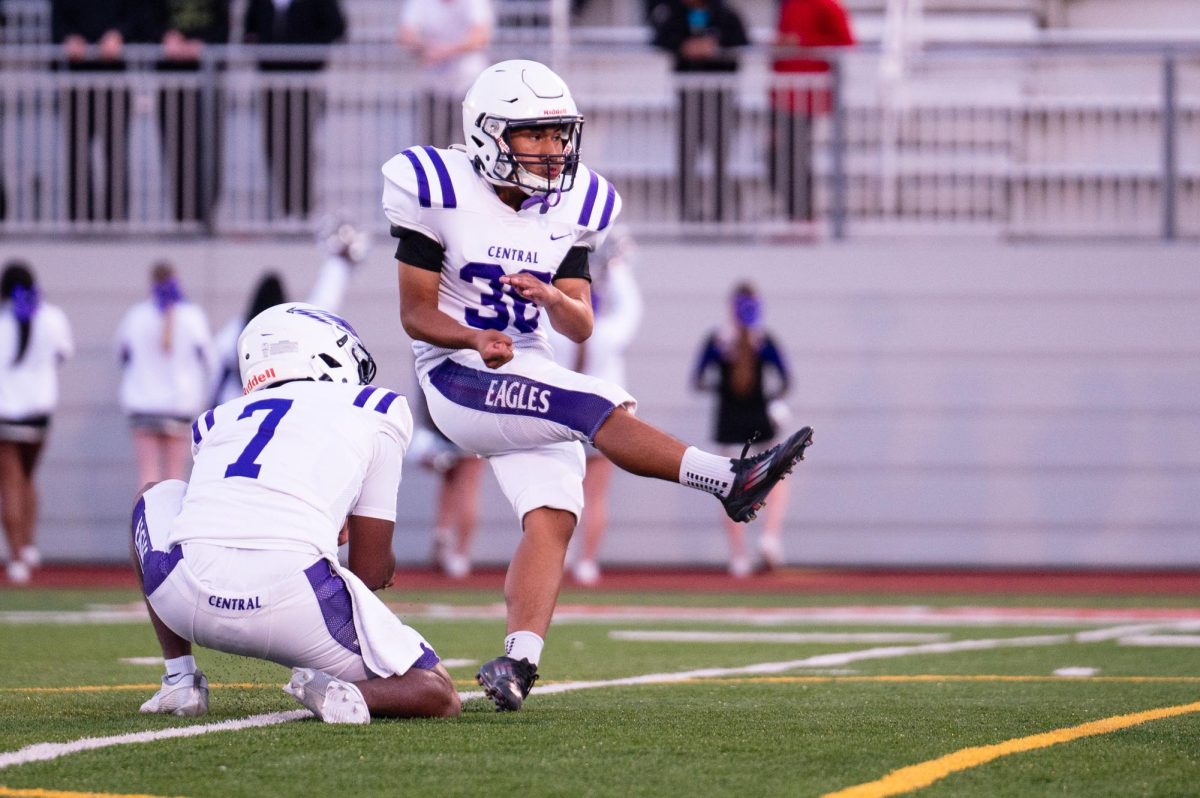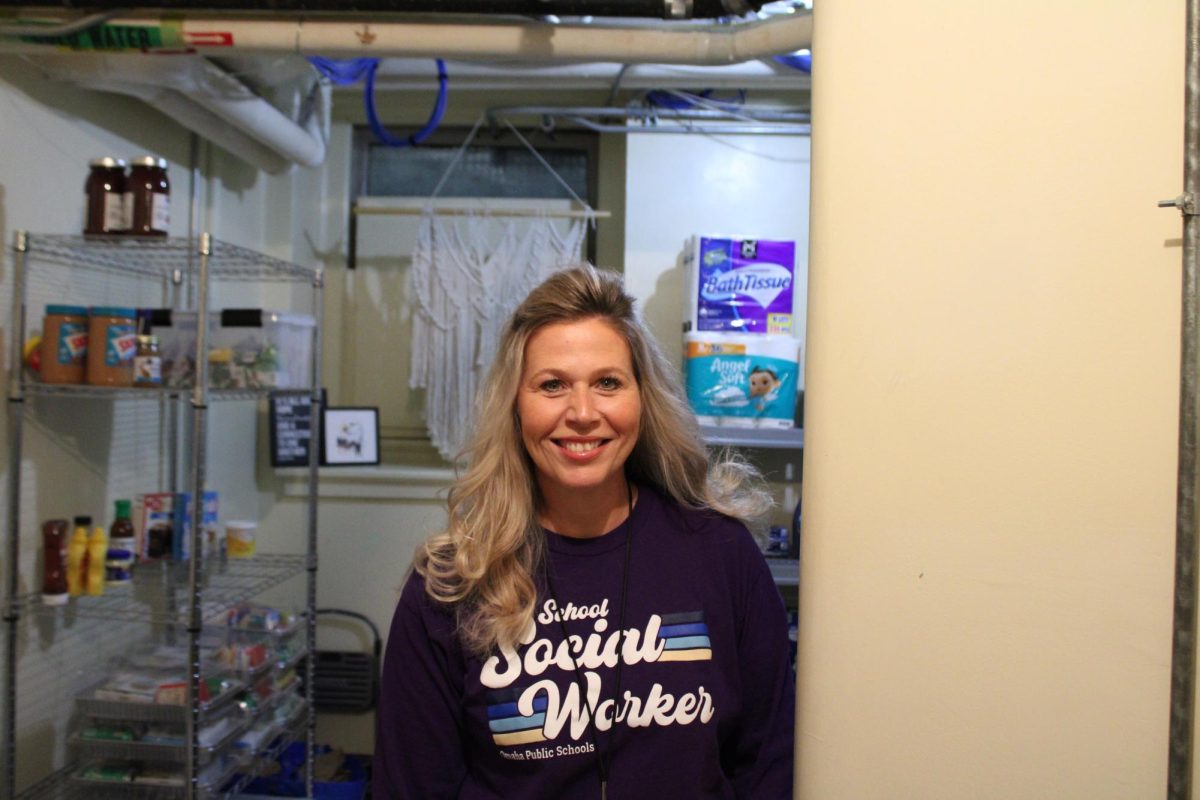The Omaha Public Schools unveiled its “moonshot,” a goal of having every student in the district reading on grade level by 2030, but a blueprint for the next five years is not established.
Superintendent Matthew Ray announced the moonshot at the faculty kickoff event on Aug. 8 at Baxter Arena.
It is part of the Strategic Plan of Action put forth by the district to prepare students for success after graduation. A board workshop on Sept. 30 and an Oct. 1 meeting of strategy groups will discuss plans for achieving the goal. A budget and timeline beyond the 2030 goal are not set.
“We didn’t go in having the answer, because if we had the answer, we should have done it already,” Ray said in an interview. “It is about partnerships, it’s about community, it’s including teachers, it’s including families in this discussion of how we achieve this.”
During the 2022-2023 school year, 37% OPS students were reading on grade level. At Central, 35 percent of students met English Language Arts expectations in the 2022-2023 school year.
Since less than half of OPS students read on grade level, the moonshot is a “necessity,” Central Freshman Academy Lead Martha Omar said.
Teachers said being able to read on grade level not only sets students up for academic success in later years, but being literate determines confidence, quality of life and the ability to critically think as adults.
“If you spend 12 years in Omaha Public Schools, and you’re leaving not able to sift through [life skills], we’ve failed you,” Ray said.
“Our students deserve this,” said Christina Warner, principal of Franklin Elementary School. “It’s all about equity, giving our students access to a bright future.”
Students may not be on grade level for a myriad of reasons: poverty, high mobility, being an English Learner, having an undiagnosed learning disability or being taught a style of reading instruction that is ineffective.
English Learners (EL) teacher Mary Davies said when looking at OPS’s literacy rates, they must be contextualized with these factors in mind, since OPS is “nothing like any other district in the state.”
No school district in the state has 100% of their students on grade level, and the state-wide average is 58% of students on grade level for English Language Arts.
Davies also said some individuals may be dissuaded by the goal of getting every student on grade level and will “tune it out.”
“We should never look at a group and say, ‘We’ll count on 70% from them or 60%,’” Ray said. “Our expectation should be 100%. It’s about the strategies we create within the upcoming school year to focus on [those] groups.”
Davies said measuring EL students with little prior English knowledge by if they are on grade level “does more to frustrate [EL students].”
New teachers at Central were given a copy of “EL Excellence Every Day,” and Professional Learning Communities discuss literacy techniques from the text.
“I think the intention behind [the PLC activities] is good, but we’re tired and a lot of this stuff isn’t integrated in a way that allows for teachers to make changes,” said Tracey Menten, an English and elective teacher.
“If the organization is treating literacy as an add-on, we’ll never be successful that way,” Ray said. “Literacy shouldn’t be an add-on; it is the thing, it is what matters.”
Menten also said teacher shortages at Central and across the district will be a factor in accomplishing the moonshot. One hundred seventy new teachers joined OPS last year, but at Central, non-EL reading classes offered to students not reading at grade level were not offered this year due to staff shortages.
“High school teachers, most of us don’t teach reading,“ Menten said. “That means a lot of the work is shouldered by the people teaching the younger kids, which they’re already kind of overburdened.”
Ray said the district is “slowly making that turn with staffing” and the moonshot aims to bring the “whole system” together to increase literacy. The whole system includes families, staff and community partners.
“It’s our plan, not just some people’s plan,” Ray said.
OPS has worked with the University of Nebraska at Omaha in the Teacher Scholar program to hire OPS graduates as teachers. Fraternities and sororities and P4K have also been community partners in promoting literacy.
At Central, the mentorship program and Freshman Academy connect students to older students, the Omaha Public Library and public transportation.
“You’re not invested in something that’s just a top-down initiative,” Omar said. “If it’s from the bottom up, I also have some skin in the game.”
Menten said the moonshot has created the same tone in OPS as a real moon shot: nebulous but reinvigorating.
“It was, I think in my 32 to 33 years [with OPS], the first time we were all on the same path, doing the same work, for the same purpose and to really build upon our community,” Warner said.





















